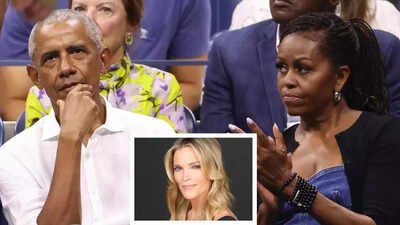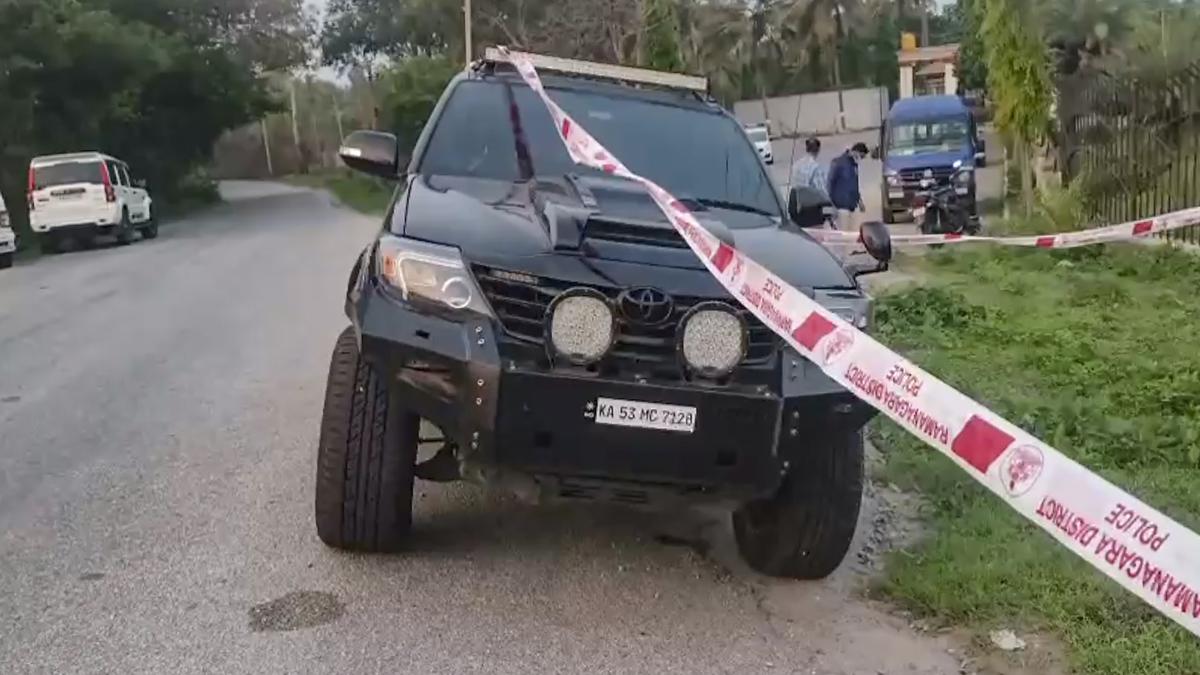Former US President Donald Trump just sat back and listened to the New York hush money case judge as he began instructing the jury on what could potentially be detrimental to his defence.
Judge Juan Merchan, directing the jury, said that while the prosecution is required to prove the case against Trump, it cannot be legally argued that Trump must testify for the jury to determine whether he is guilty or not beyond a “reasonable doubt.”
Merchan clarified that the jury does not need to agree on what specific crime Trump allegedly attempted to conceal by falsifying documents.
While listening to instructions from within the courtroom, Ukraine-born George Washington University law professor Jonathan Turley remarked, “Merchan just delivered the coup de grace instruction.”
Merchan said that the jurors “can disagree on what the crime was among the three choices” suggested by the prosecutors, Turley stated these as violation of tax laws, other business records and the Federal Election Campaign Act.
“Thus, this means that they could split 4-4-4 and he will still treat them as unanimous,” he further said.
Michael Cohen’s testimony requires corroboration, judge tells jury
While Merchan noted that the jury has to be unanimous in deciding the case on any count of falsification in business records, the legal minds in the room opined that they do not apparently see much room for a split verdict or a situation whereby Trump is found guilty or not guilty of the set charges.
“Thirty-four guilty verdicts or 34 not guilty verdicts or a hung jury,” said former federal prosecutor Trey Gowdy.
“I cannot foresee a verdict with some counts as guilty and others as not.”
Merchan defined the concept of reasonable doubt for the usage in trial to the jurors explaining “there are very few things in this world that are known without some uncertainty,” but “it is not sufficient to conclude the defendant is probably guilty.”
The judge also mentioned the witnesses produced by the prosecution in the case, including Michael Cohen, the former attorney of the president who funnelled the money that was used to make the $130,000 payment to porn star Stormy Daniels through an alleged business record forging.
Merchan explained that Cohen is seen legally as an “accomplice” in Trump’s case and that the jury may not convict Trump solely on Cohen’s word.
“Our law is especially concerned about the testimony of an accomplice … particularly when the accomplice has received, expects, or hopes for a benefit in exchange for their testimony,” Merchan said.
So even if jurors find Cohen’s testimony to be genuine, despite his prior conduct of perjuring himself in court, they “may not convict the defendant solely based on that testimony unless you find it is corroborated by other evidence.”








![Best Weight Loss Supplements [2022-23] New Reports!](https://technologytangle.com/wp-content/uploads/2022/12/p1-1170962-1670840878.png)




